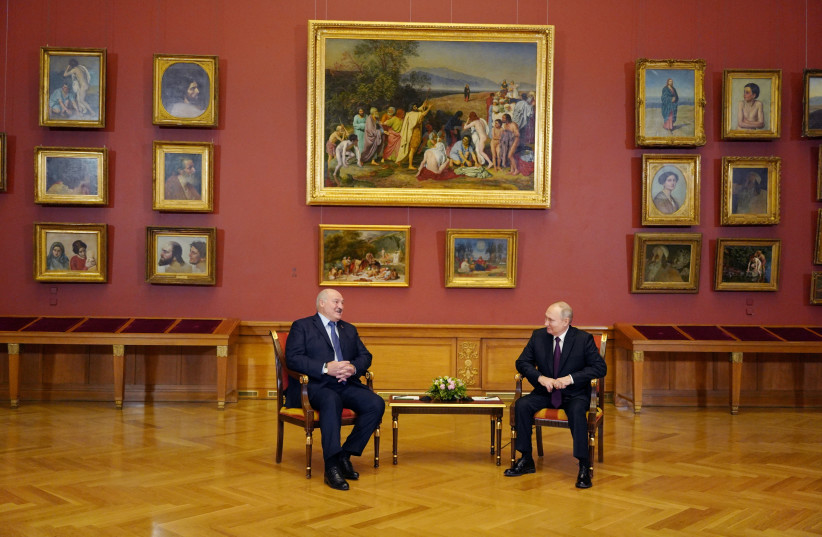President Vladimir Putin on Tuesday delivered Russia's long-awaited response to a Western price cap, signing a decree that bans the supply of crude oil and oil products from February 1 for five months to nations that impose the cap.
The Western price cap
The Group of Seven major powers, the European Union and Australia agreed this month to a $60-per-barrel price cap on Russian seaborne crude oil effective from December 5 over Moscow's "special military operation" in Ukraine.
The decree, published on a government portal and the Kremlin website, was presented as a direct response to "actions that are unfriendly and contradictory to international law by the United States and foreign states and international organizations joining them."
"Deliveries of Russian oil and oil products to foreign entities and individuals are banned, on the condition that in the contracts for these supplies, the use of a maximum price fixing mechanism is directly or indirectly envisaged," the decree stated, referring specifically to the United States and other foreign states that have imposed the price cap.
The decree, which includes a clause that allows for Putin to overrule the ban in special cases, stated: "This...comes into force on February 1, 2023, and applies until July 1, 2023."

Crude oil exports will be banned from February 1, but the date for the oil products ban will be determined by the Russian government and could be after February 1.
The price cap, unseen even in the times of the Cold War between the West and the Soviet Union, is aimed at crippling Russian state coffers and Moscow's military efforts in Ukraine.
Finance Minister Anton Siluanov said on Tuesday that Russia's budget deficit could be wider than the planned 2% of GDP in 2023, with the oil price cap squeezing export income, an extra fiscal hurdle for Moscow as it spends heavily on its military campaign in Ukraine.
However, some analysts have said that the cap will have little immediate impact on the oil revenues that Moscow is currently earning.
